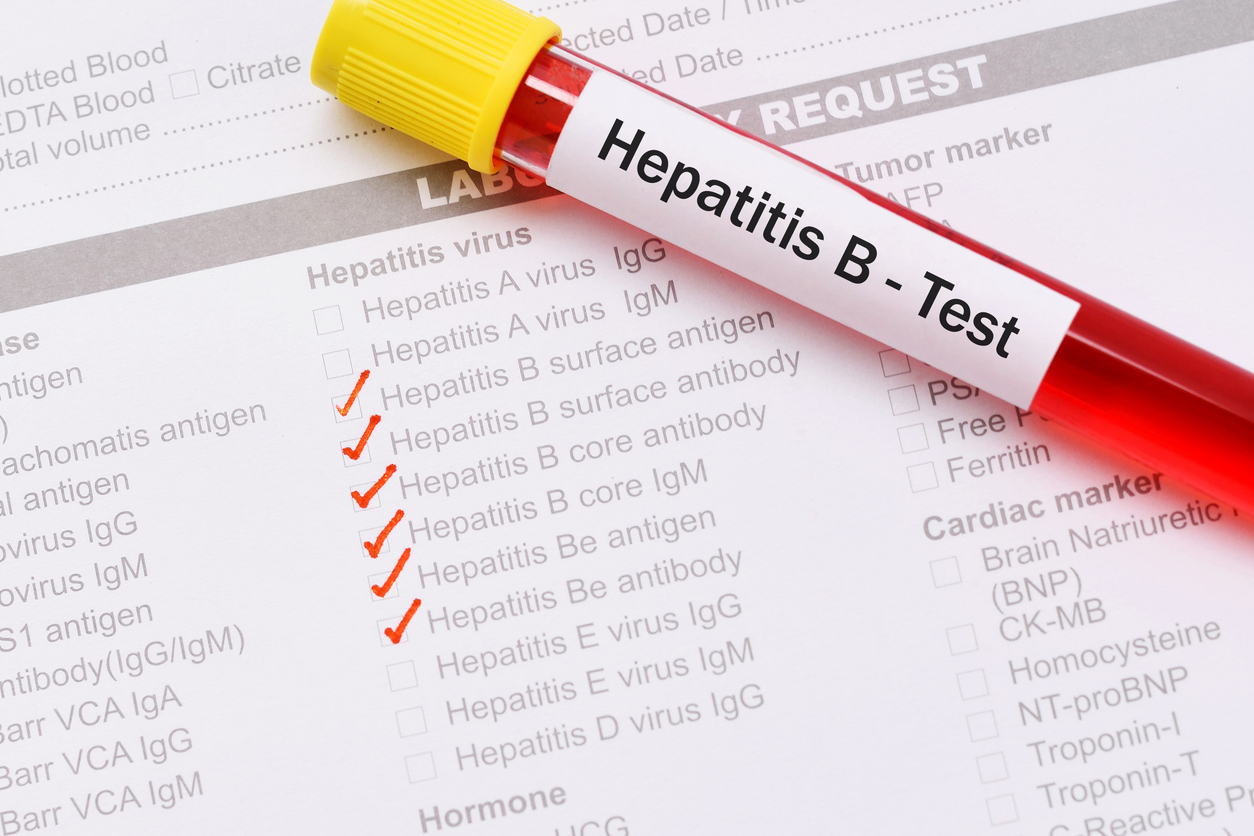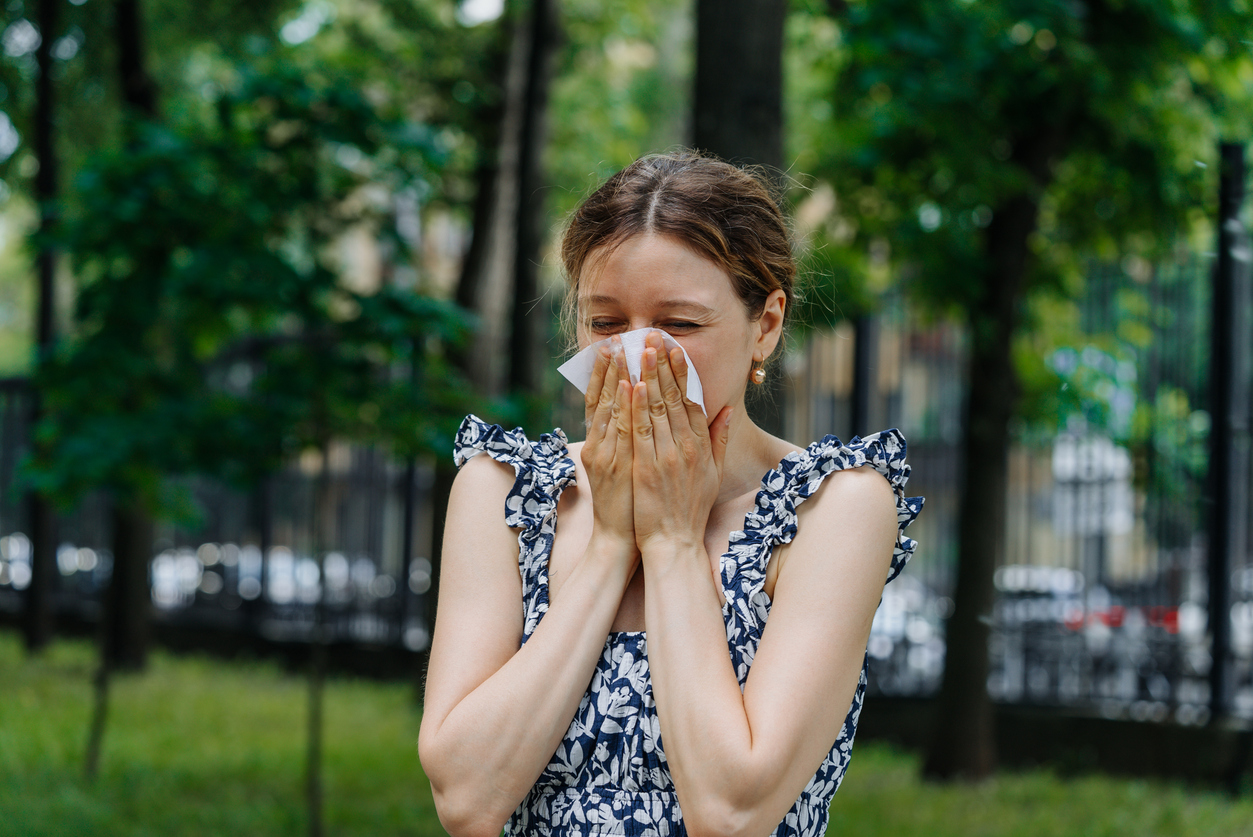2024-04-07
Prevent mother-to-child transmission of hepatitis B
Infectiology
Does maternal antiviral prophylaxis impact mother-to-child transmission of hepatitis B virus in real life? Researchers analyzed data on maternal HBV screening, neonatal immunization and post-vaccination serologic testing in at-risk infants born to HBV-positive mothers. A total of 2,460,218 deliveries with maternal HBV status were screened. Among the 22,859 at-risk infants who received antiviral prophylaxis, mother-to-child transmission rates differed between infants born to HBs+/HBe- and HBe+ mothers. Overall, annual Hbe and Hbs seropositivity rates decreased between 2008 and 2022.

Last press reviews
Hypertension: a new threshold, a new challenge

By Ana Espino | Published on January 30, 2026 | 3 min read<br><br>...
Allergies: the molecular revolution is underway

By Ana Espino | Published on January 29, 2026 | 3 min read<br>
